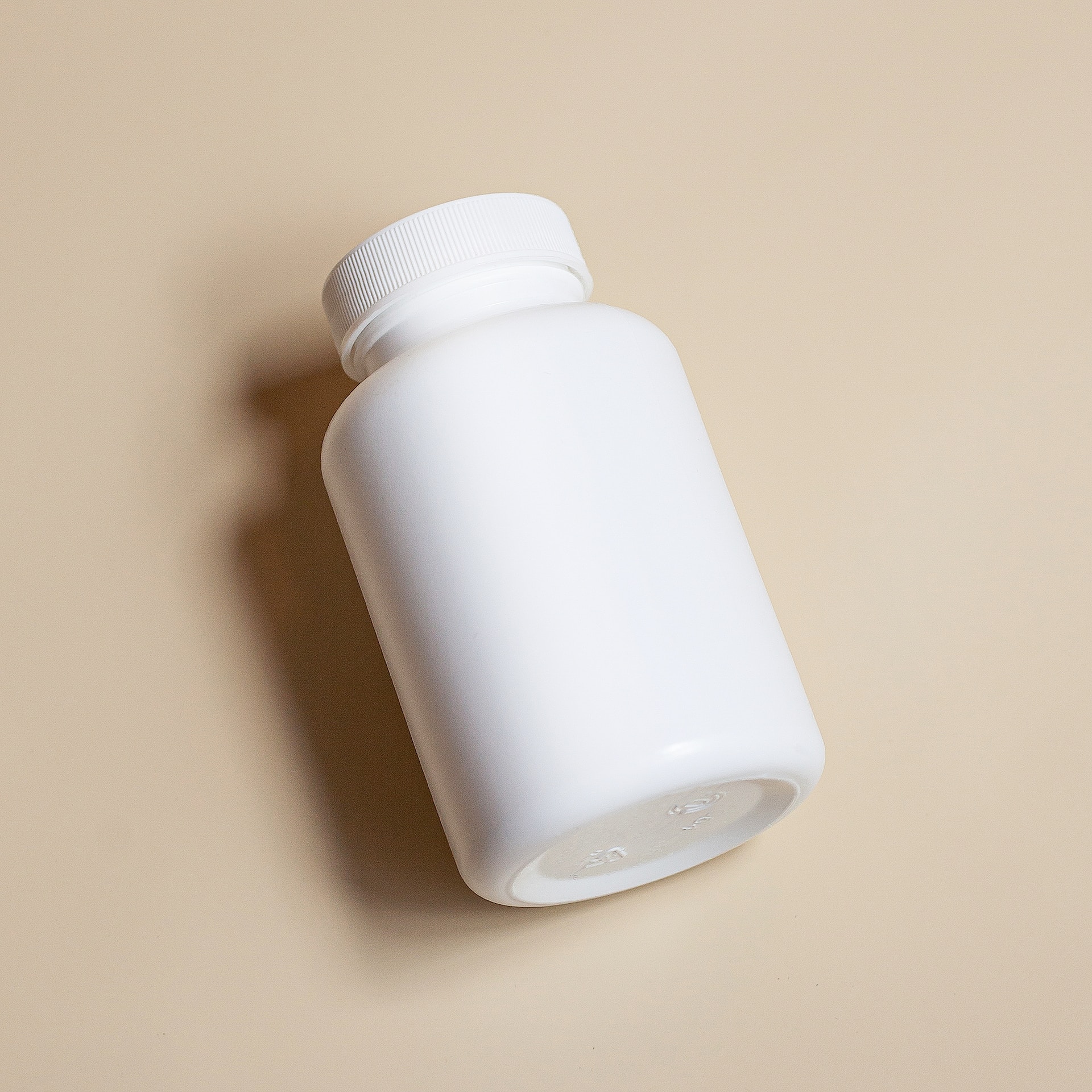How To Whiten Bonded Teeth

When it comes to achieving a brighter, more radiant smile, individuals with bonded teeth often face unique challenges. Bonded teeth, also known as composite resin teeth or dental bonding, are teeth that have been repaired or restored using a tooth-colored resin material. While bonding is a versatile and effective treatment for cosmetic and structural issues, it can be resistant to traditional teeth whitening methods. In this comprehensive guide, we’ll delve into the world of teeth whitening for bonded teeth, exploring the reasons behind their resistance to whitening, the most effective treatment options, and expert tips for maintaining a dazzling smile.
Understanding Why Bonded Teeth Don’t Whiten Like Natural Teeth
Bonded teeth are made from a composite resin that is designed to match the color of your natural teeth. However, this resin is non-porous, meaning it doesn’t absorb the whitening agents used in over-the-counter and professional teeth whitening treatments. As a result, bonded teeth often remain the same shade, even after whitening, which can lead to an uneven color distribution across your smile. This disparity can be particularly noticeable if you have multiple bonded teeth or if the bonding is located in a visible area of your mouth.
Effective Treatments for Whitening Bonded Teeth
While traditional whitening methods may not work on bonded teeth, there are several alternative treatments that can help achieve a uniform, brighter smile:
- Replacement of Bonding: In some cases, the most effective solution may be to replace the existing bonding with new material that matches your newly whitened natural teeth. This approach ensures a uniform color but may require more time and investment.
- Dental Veneers: Porcelain veneers are a popular choice for achieving a whiter, more even smile. These thin layers of porcelain are bonded to the front of your teeth and can be colored to match your desired shade. They are more resistant to stains than composite bonding and can provide a long-lasting solution.
- Professional Teeth Whitening for Natural Teeth: While this won’t change the color of your bonded teeth, professional teeth whitening can significantly brighten your natural teeth. This might make the color difference between your bonded and natural teeth less noticeable. It’s essential to consult with a dentist to determine the best approach for your specific situation.
- At-Home Whitening Kits: For minor adjustments and maintenance, at-home whitening kits can be used to whiten natural teeth. However, it’s crucial to follow the manufacturer’s instructions and consult with a dentist to avoid over-whitening or sensitivity.
Maintaining Your Smile
Once you’ve achieved your desired level of whiteness, whether through replacement of bonding, veneers, or whitening of your natural teeth, maintenance is key. Here are some expert tips to keep your smile radiant:
- Regular Dental Check-Ups: Schedule regular appointments with your dentist to monitor the condition of your bonded teeth and overall oral health.
- Proper Oral Hygiene: Maintain a rigorous oral hygiene routine, including brushing your teeth at least twice a day and flossing once a day, to prevent stains and plaque buildup.
- Avoid Stain-Causing Foods and Drinks: Limit your consumption of coffee, tea, red wine, and berries, as these can cause significant staining over time.
- Whitening Toothpaste: Use a whitening toothpaste as part of your daily oral hygiene routine to maintain the brightness of your natural teeth.
Conclusion
Whitening bonded teeth requires a thoughtful and multi-faceted approach. By understanding the limitations of traditional whitening methods on composite resin and exploring alternative treatments such as replacement of bonding, dental veneers, and professional teeth whitening for natural teeth, you can achieve a smile that is both brilliant and uniform. Remember, the journey to a whiter smile is highly individualized, and what works for one person may not work for another. Consulting with a dental professional is the first step towards finding the right solution for your unique needs and achieving the radiant smile you’ve always wanted.
Can bonded teeth be whitened at all?
+Bonded teeth themselves cannot be whitened in the traditional sense because the composite resin used in bonding does not respond to whitening agents. However, the color of bonded teeth can be adjusted by replacing the bonding material or using alternative cosmetic treatments like veneers.
How do I choose between veneers and replacing the bonding for a whiter smile?
+The choice between veneers and replacing the bonding depends on several factors, including the extent of the bonding, the desired color change, budget considerations, and personal preferences. Veneers offer a more comprehensive aesthetic solution and can address issues like tooth shape and alignment, but they are more invasive and expensive. Replacing the bonding is less invasive and can be more cost-effective but might not offer the same level of transformation as veneers. Consulting with a dentist is crucial to determine the best option for your specific needs.
Can I whiten my teeth at home if I have bonded teeth?
+Yes, you can use at-home whitening kits on your natural teeth, but it’s essential to follow the instructions carefully and consult with a dentist first, especially if you have bonded teeth. The goal is to whiten your natural teeth without causing sensitivity or making the bonded teeth stand out due to color difference. Professional supervision can help you achieve the best results while minimizing risks.

